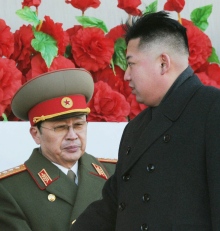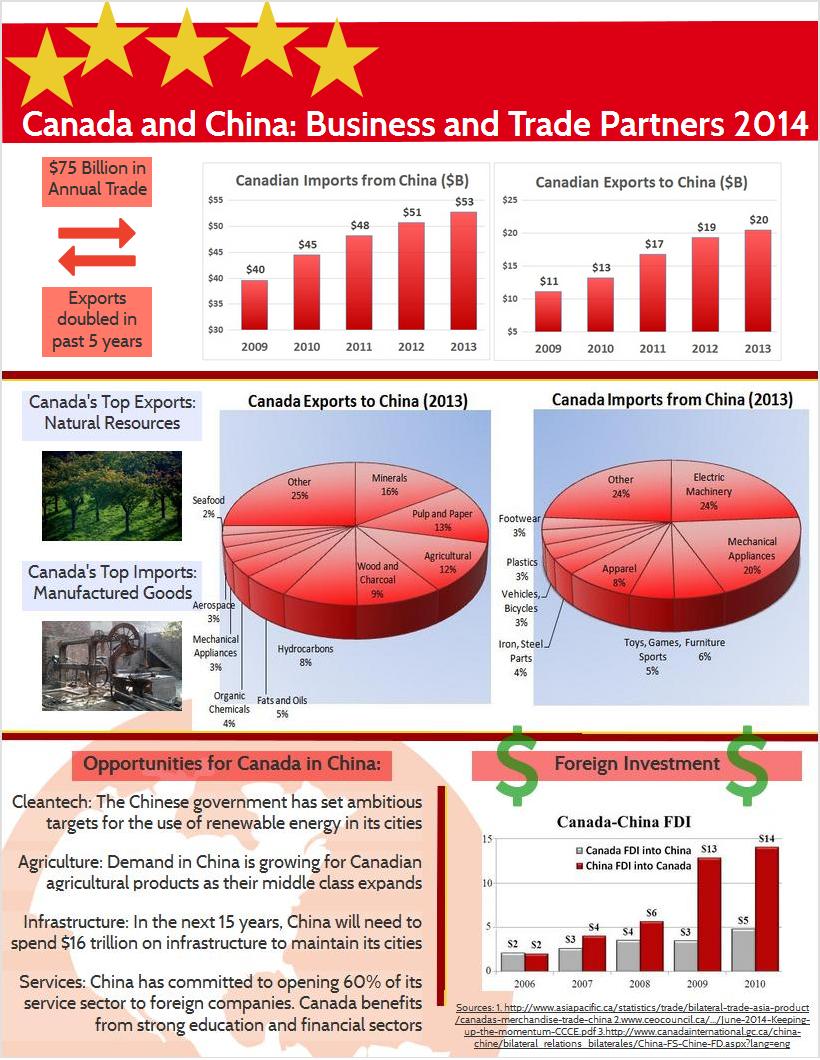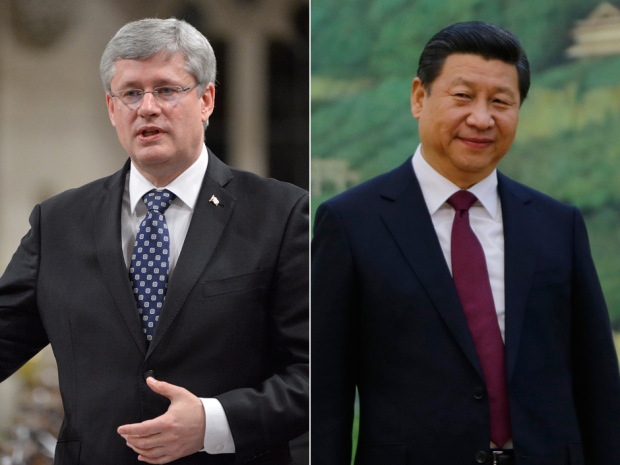
Jang Song-Thaek, uncle of North Korean leader Kim Jong Un was executed last Friday after being denounced a traitor to North Korea. Jang was widely considered the second most powerful man in North Korea and was responsible for grooming Kim Jung Un for leadership after his father, the late Kim Jong Il, suffered a stroke in 2008. North Korean experts interpret Jang’s execution as a sign that Kim Jong Un is losing power, while others contend that he is merely consolidating power. In either case, changes to North Korean leadership may have a destabilizing effect on South East Asian politics as tensions between North Korea and South Korea remain high.
The true motives behind Jang’s execution are unclear given North Korea’s utter lack of communication with the outside world. Indeed, even within North Korea, media outlets are mere outlets for state propaganda. In their coverage of Jang’s execution, North Korean media outlets described charges as obscure as applauding only half-heartedly at a ceremony celebrating Kim Jong Un’s acheivements. Further allegations of scrupulous misconduct such as gambling, distributing pornography and promiscuity were also emphasized in the press. As the vice chairman of the National Defense Commission and the man responsible for strong diplomatic relations with China, Jang’s downfall is most likely caused by the perceived danger of his influence to Kim Jong Un. Indeed, the North Korean government claims that Jang was planning coup. Whether or not these accusations are true, some experts contend that Kim Jong Un has resented Jang’s authority and his management of the transition process.
Jang’s downfall also suggests that there is strong factionalism amongst the leaders of North Korea. Even if the accusations against Jang are false or grossly exaggerated, it is likely that Kim Jong Un’s actions are an attempt to consolidate power. Jang has often been portrayed by the North Korean media as a benevolent uncle who helped the young dictator assume his leadership role. Jang’s wife, Kim Kyong Hui was also a mentor to Kim Jong Un. The decision to dispose seems to suggest a certain ruthlessness and confidence on behalf of Kim Jong Un. It is clear that he is not afraid to use force – even against relatives – to secure his position. In fact, with Jang’s execution, four of the seven men who received the honor of accompanying Kim Jong Il’s hearse during his 2011 funeral have since been killed or arrested. Further still, reports suggest that almost 100 of the top 200 North Korean officials have been killed or arrested since Kim Jong Un came to power. Some experts predict that the purge will continue because Jang’s numerous political supporters may still pose a threat to North Korea’s young leader.
Jang’s demise will have significant repercussions on South East Asian politics. Most importantly, Jang was once responsible for maintaining North Korean ties to China. In fact, he was a strong advocate for economic reform in North Korea, modeled after Chinese trading zones. However, as a result of this work, Jang has since been accused of treachery to the North Korean state. He was also criticized for selling minerals to China at low prices. Given that Kim Jong Un is more than aware of North Korea’s tremendous reliance on China for resources and protection, these accusations are probably intended for domestic audiences. Nonetheless, the execution of such a powerful pro-China official will reduce cooperation between the two states and push North Korea into deeper isolation. The arrest of the powerful North Korean General Ri Yong-Ho, also a strong supporter for economic reform, suggests that Un wishes to maintain the communist paradigm that his ancestors created.
South Korea responded to Jang’s execution by increasing combat readiness. South Korean President Park Geun Hye addressed the possibility of military aggression from the North in an official statement. Some American analysts believe that the chances of military provocations are actually quite low as Kim Jong Un focuses on domestic political audiances. Nevertheless, Jang’s execution marks a new era of North Korean politics as Kimg Jong Un gains full control of the country and removes further threats to his authority. How he will wield this power once he consolidated the leadership remains unclear.




